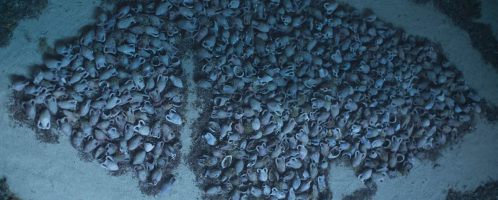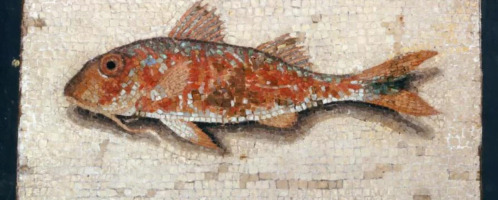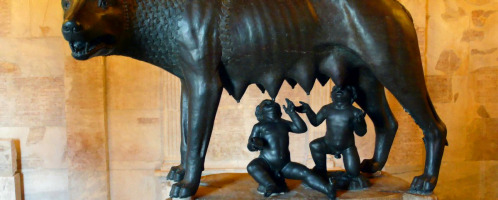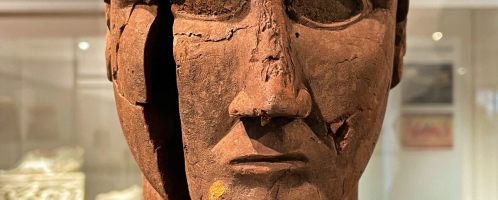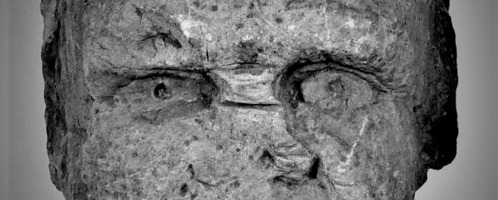35-meter-long wreck of Roman ship
A 35-meter-long wreck of a Roman ship. As it turns out, it was a transport unit that carried 6,000 amphoras. The property was discovered in 2019 off the coast of the Greek island of Kefalonia. This is one of the largest Roman shipwrecks found in the Mediterranean Sea.

